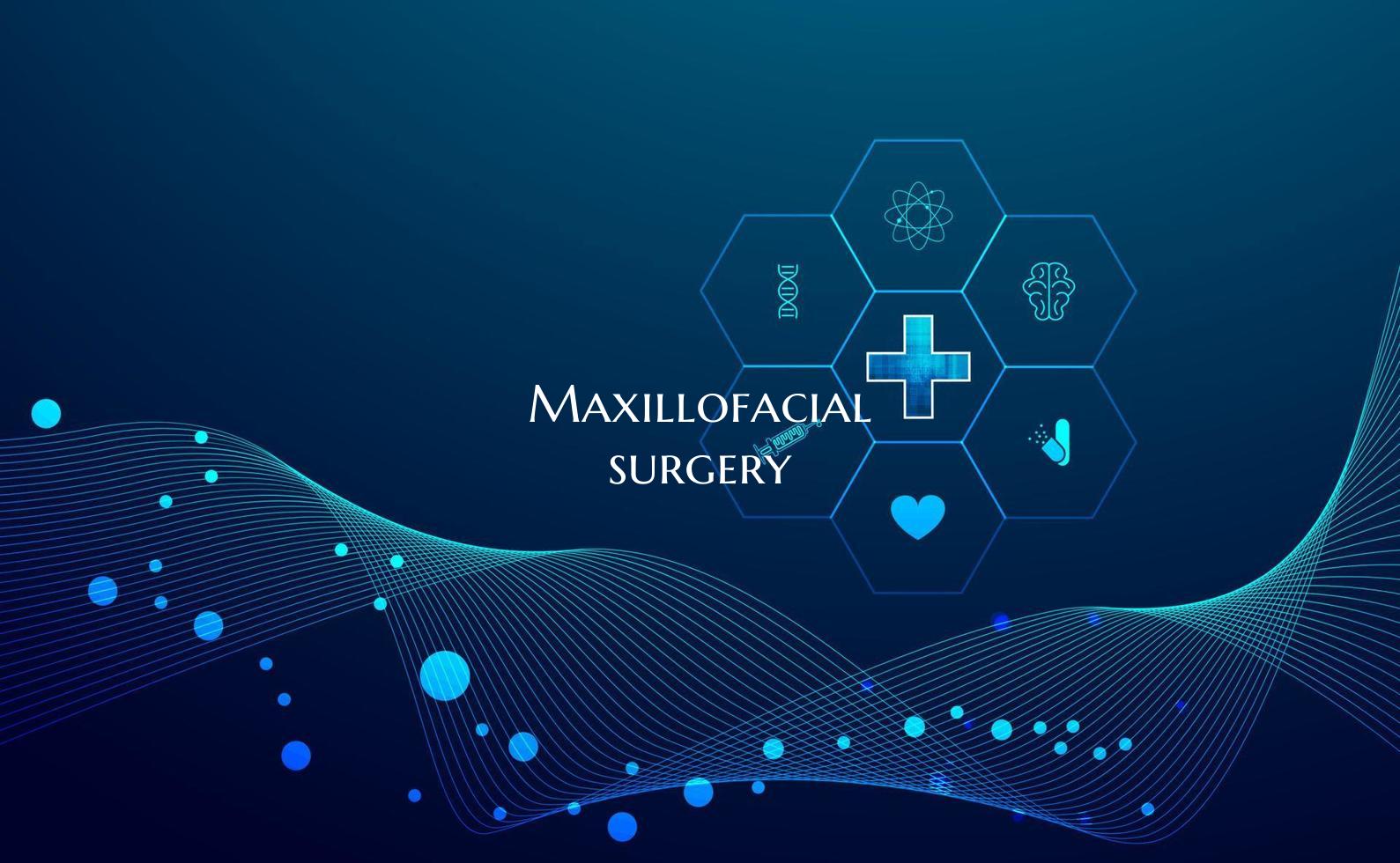
Maxillofacial surgery
Maxillofacial surgery is a specialized field of medicine that focuses on treating conditions, injuries, and defects in the jaws and facial structures. It encompasses a wide range of procedures that can improve both the function and appearance of the face.
One of the main reasons why maxillofacial surgery is so crucial is its ability to correct facial injuries resulting from accidents, trauma, or congenital deformities. These procedures can help restore normal function, improve facial aesthetics, and enhance the patient's overall quality of life.
Apart from treating facial injuries, maxillofacial surgery is also used to address a variety of other conditions such as temporomandibular joint (TMJ) disorders, corrective jaw surgeries, cleft lip and palate repairs, and facial reconstruction following cancer treatment.
Maxillofacial surgeons undergo extensive training to acquire the skills necessary to perform these complex procedures safely and effectively. They often work in collaboration with other specialists such as orthodontists, oncologists, and plastic surgeons to provide comprehensive care for their patients.
In addition to the physical benefits of maxillofacial surgery, these procedures can also have a significant impact on a patient's emotional well-being. By improving facial symmetry, restoring lost function, and enhancing aesthetics, maxillofacial surgery can help boost a patient's self-confidence and self-esteem.
In conclusion, maxillofacial surgery plays a critical role in restoring both form and function to the face. Whether it involves correcting facial injuries, treating congenital deformities, or improving facial aesthetics, these procedures offer numerous benefits to patients seeking to enhance their quality of life.